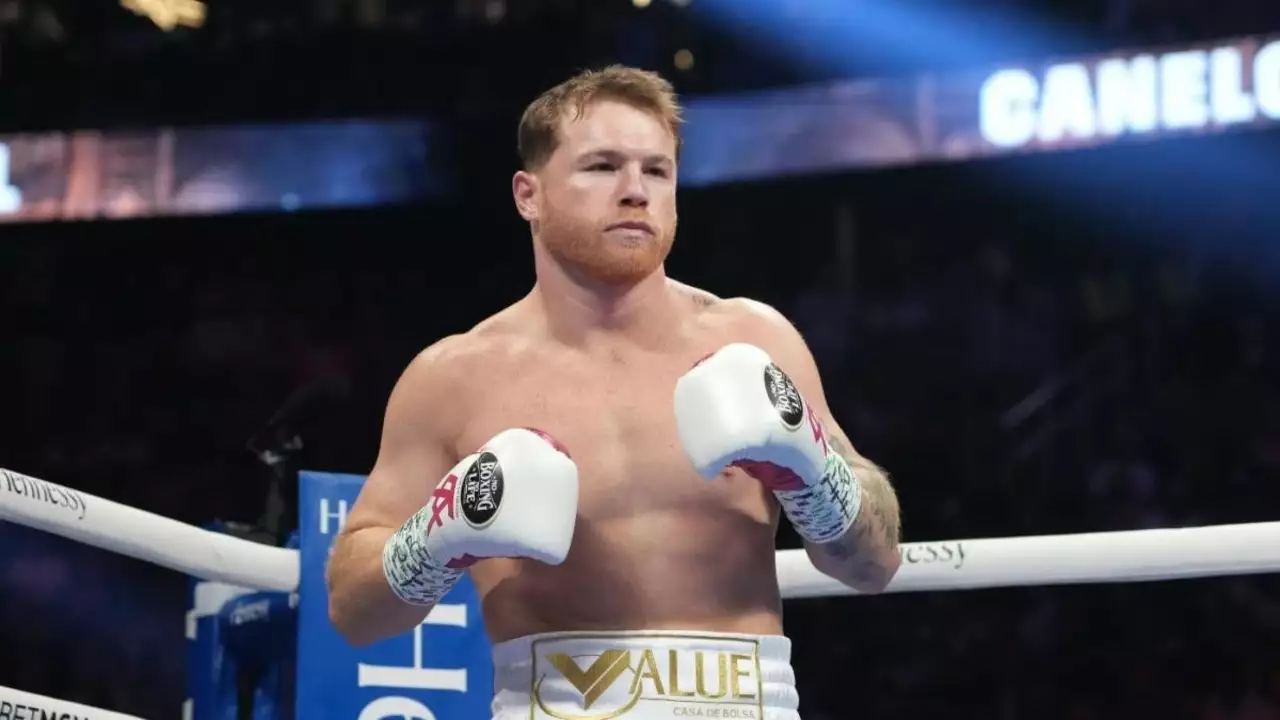Boxing Legacy: Britain’s Greatest Fighters and Their Impact
Did you know the UK has produced more world champions than any other European country? That’s the power of a boxing legacy built on gritty gyms, relentless training, and fans who never miss a round. In this article we’ll break down why British boxing still matters and how the legends of yesterday keep shaping the sport today.
Where the legacy began
Back in the late 1800s, work‑hall fights turned into organized bouts in venues like the National Sporting Club. Names such as James J. Corbett and Tom Cribb sparked a national obsession. Those early champions proved that a fighter from Liverpool or Manchester could stand toe‑to‑toe with the best in the world. The public fell in love with the drama of a single punch deciding a career, and the tradition stuck.
Fast forward to the golden era of the 1970s and 80s. Fighters like Frank Bruno, Lennox Lewis and Nigel Benn turned the British ring into a global stage. Their fights drew massive TV audiences, and each victory added a new chapter to the country’s boxing folklore. The legacy grew not just in titles, but in the way fans cheered, in the pubs that broadcast every bout, and in the youth who started training after seeing a hero on screen.
Why the legacy matters now
Today, the legacy isn’t a museum piece; it’s a roadmap for upcoming talent. Gyms in London’s East End still hang photos of historic fights to inspire youngsters. Promoters use the names of past champions to market new events, knowing that a nod to history sells tickets. Even the rise of mixed martial arts can’t erase the fact that a strong boxing foundation still gives British fighters an edge in speed and footwork.
Take Anthony Joshua and Tyson Fury – two modern fighters whose stories are rooted in the same gritty gyms that produced their predecessors. Their success shows that the legacy is alive, giving the next generation a benchmark to beat. When a fan says, "I grew up watching Lennox Lewis and now I watch Tyson Fury," you see the direct line from past to present.
Beyond the ring, the legacy fuels community projects. Many retired champs mentor kids, run charity fights, and help fund local sports centers. Those efforts keep the sport accessible, ensuring that the next‑generation boxers have a place to train without breaking the bank.
If you’re new to British boxing, start with the classics: watch the 1997 fight between Lennox Lewis and Oliver McCall, or the 2004 showdown of Ricky Hatton vs. Juan Manuel Marquez. Those bouts aren’t just entertainment; they’re living lessons in strategy, heart, and the sheer will that defines a boxing legacy.
So next time you hear a bell ring, remember you’re part of a story that’s over a century old. Whether you’re a casual viewer or an aspiring fighter, the British boxing legacy offers a playbook of success, drama, and perseverance. Keep watching, keep learning, and maybe you’ll add your own chapter to the legacy someday.
Will Canelo Alverez go down as an all-time great boxer?
As a boxing fan, I've been closely following Canelo Alverez's career and it's been an incredible journey. His record speaks for itself and it's hard to deny that he has cemented a place among the best. With his aggressive style, great footwork, and iron chin, Canelo has dominated various weight classes. The question of whether he'll go down as an all-time great is subjective, but in my opinion, he's already there. His influence in the sport and his impressive performances in the ring have truly set him apart.

 Entertainment
Entertainment